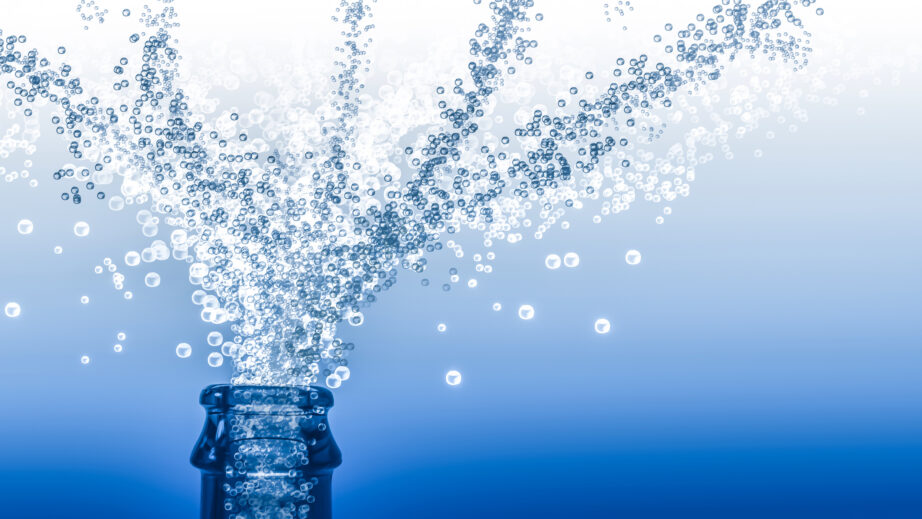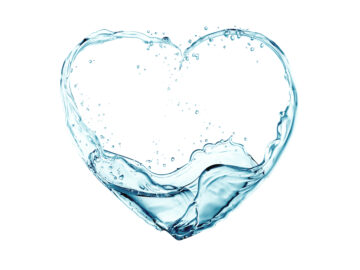When it comes to refreshing beverages, few things can rival the invigorating sensation of carbonated water. The effervescence and tingling bubbles have made carbonated water a popular choice for those seeking a fizzy and thirst-quenching experience. But what exactly is carbonation, and how does it transform plain water into a delightfully bubbly drink? In this blog post, we dive into the world of carbonation, uncovering its science, methods of production, and the various forms it takes.
Carbonation refers to the process of dissolving carbon dioxide (CO2) gas into water, resulting in the formation of carbonic acid. This dissolved carbon dioxide creates the characteristic effervescence or bubbles that make carbonated water distinct from still water. Carbonation can occur naturally, such as in mineral springs, or be artificially induced through different methods.
When carbon dioxide is introduced to water, it undergoes a chemical reaction, forming carbonic acid (H2CO3). This reaction occurs because carbon dioxide is slightly soluble in water. The carbonic acid further breaks down into bicarbonate ions (HCO3-) and hydrogen ions (H+). The release of carbon dioxide gas from the liquid creates bubbles, giving carbonated water its fizzy texture and unique taste.
Methods of Carbonation:
- Natural Carbonation: Natural carbonation occurs when water comes into contact with naturally occurring carbon dioxide, such as in underground mineral springs. These springs often contain dissolved carbon dioxide from geological processes, such as volcanic activity, resulting in naturally carbonated water.
- Artificial Carbonation: Artificial carbonation is the process of adding carbon dioxide to water. This method is commonly used in commercial production, where carbonation can be controlled and adjusted to desired levels. Artificial carbonation can be achieved through several methods, including injecting carbon dioxide gas into water or utilizing carbonation machines.
Carbonated mineral water is a type of water that contains minerals naturally present in the water source. It undergoes the process of carbonation, where carbon dioxide gas is dissolved into the water, resulting in the formation of bubbles or effervescence. In addition to carbonation, mineral water contains various minerals and trace elements, such as calcium, magnesium, and potassium, derived from the rocks and soil where the water originates. These minerals contribute to the taste and potential health benefits of the water. Carbonated mineral water is often enjoyed as a refreshing and hydrating beverage, offering a fizzy texture and the added benefits of the minerals it contains.
Carbonated water can be enjoyed as a refreshing beverage on its own or used as a base for various drinks and cocktails. It serves as a healthier alternative to sugary carbonated beverages, providing hydration and a fizzy experience without the added calories or artificial sweeteners.
It’s important to note that carbonated water may cause discomfort or bloating for some individuals due to the release of gas in the stomach. However, for most people, carbonated water is a safe and enjoyable beverage choice.
Carbonation adds a delightful effervescence to water, transforming it into a sparkling and refreshing beverage. Whether naturally occurring or artificially induced, carbonated water offers a bubbly experience that appeals to many. Understanding the science behind carbonation helps us appreciate the fizzy texture and unique taste that make carbonated water a popular choice. So, the next time you indulge in sparkling water or enjoy a fizzy drink, remember the fascinating science behind carbonation.





